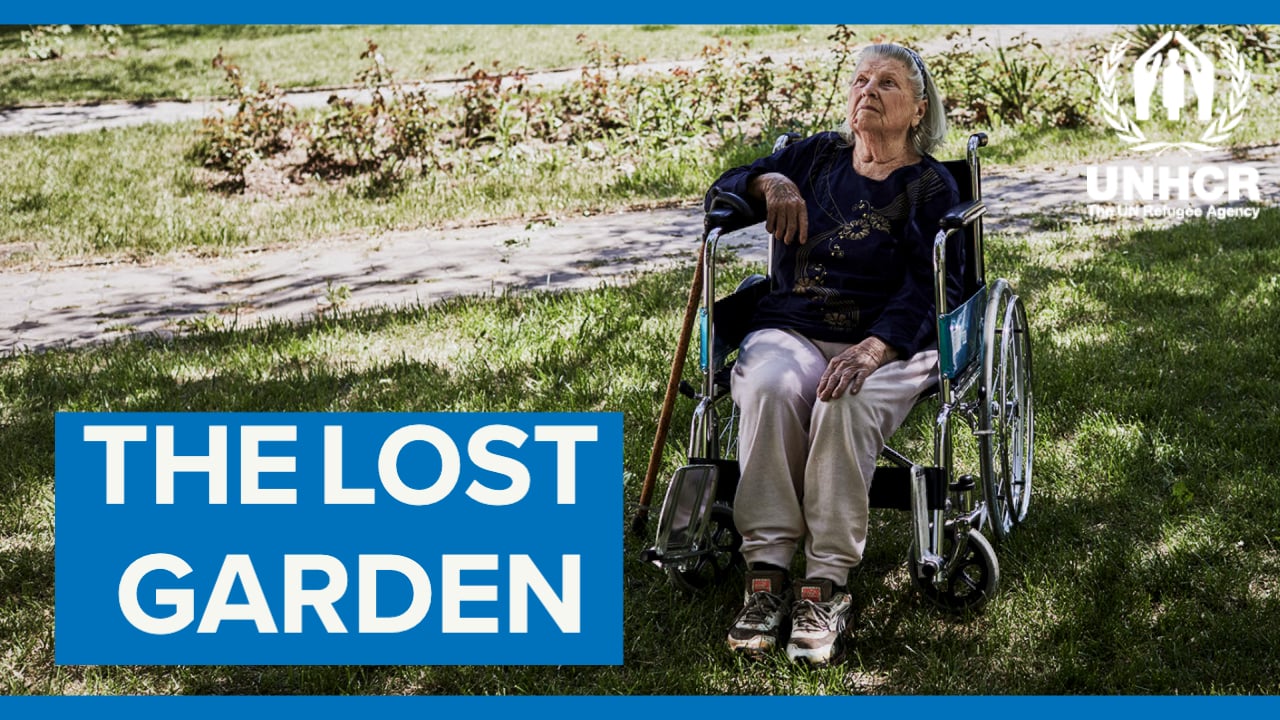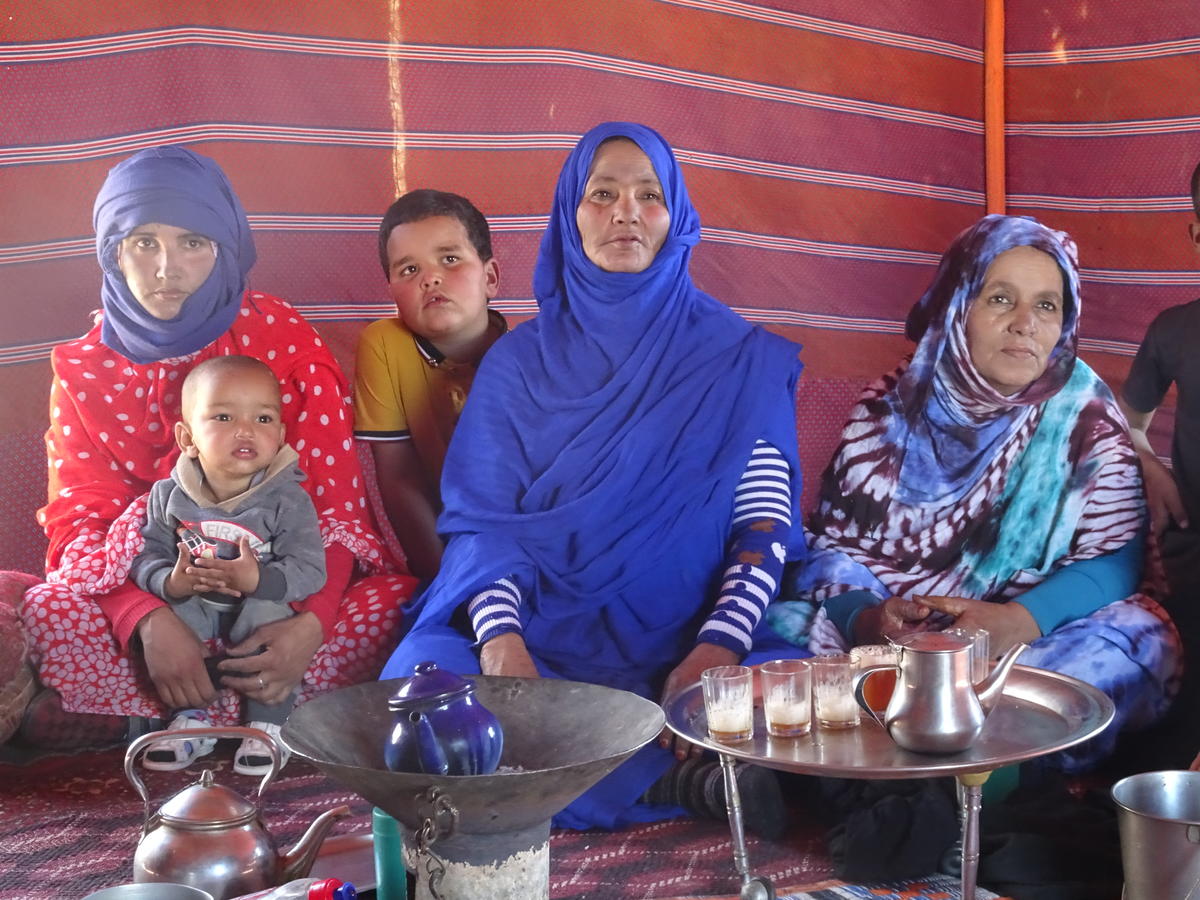Determined to go back home: elderly Congolese return from south Sudan
Determined to go back home: elderly Congolese return from south Sudan

JUBA, South Sudan, May 9 (UNHCR) - "I want to go home. I'm going to engage myself in farming now and feel alive. I have been living here doing nothing. I won't sleep now because I can't believe I'm going home. I don't want to miss the flight," said Congolese refugee Andrew Jean Pierre, as he boarded a plane at Juba International Airport Tuesday. Having arrived in Sudan when he was 18 years old, he is now in his fifties and for the first-time, in what must seem like a life time, he is heading home to Kisangani in the north-eastern Democratic Republic of the Congo (DRC).
Andrew is one of some 1,500 Congolese refugees in Sudan who fled the post-independence turmoil and coup that brought Mobutu Sese Seko to power in 1965 in the country he renamed Zaire (now Democratic Republic of the Congo).
Immediately upon their arrival in Sudan, most of the Congolese refugees settled around Juba, which recently became the capital of south Sudan. But recently, after suffering considerable hardship, many of these refugees expressed a strong desire to go back to their homeland. Some 850 have registered with UNHCR to return, with 27 refugees on Tuesday's first flight from Juba to Kisangani.
Even though UNHCR does not consider the conditions in the specific areas of return as favourable and conducive to sustainable return, and cannot provide reintegration assistance, it agreed to facilitate the return of this very specific group of Congolese refugees on an exceptional basis.
At Juba airport, the refugees - many who are elderly - were visibly excited at the prospect of returning home and reuniting with their families after an absence of four decades.
"I'm happy to be joining my family in Kisangani which I consider home," said 67-year-old Songa Federico who arrived in south Sudan when he was 30. Like him, many of the returning refugees have managed to keep the family ties alive, despite the distance.
Another elderly refugee shivered with disbelief and happiness as he climbed onto to the plane. Many said they want to go home to die, to be buried in their homeland and to show their children and grandchildren their origins.
In 2005, these refugees lost everything after coming under persistent attacks and looting by the Uganda's Lord's Resistance Army rebels in Rejaf, south of Juba. Forcibly displaced, they came to Juba where their existence became even tougher and fell into a state of extreme poverty. Charcoal and firewood collection and fishing - their main sources of livelihood - were disrupted by rebel activity in the area.
The Congolese refugees, because of their advancing years and very difficult living conditions in Sudan asked to be repatriated to the DRC fully aware of the difficult situation in their areas of return and that no reintegration assistance is available to them.
Before leaving, the entire group registered for return was thoroughly informed and briefed by UNHCR on the difficult situation they will face back home but they remained determined to return. Since then, the overall security has somewhat improved in the return areas.
Tuesday's flight brought to Kisangani the first 27 Congolese returnees. They are part of more than 200 refugees who will be returning soon in three flights, the second and third taking place on 11 and 13 May.
The UNHCR staff escorting the first flight described the mood at the airport in Kisangani as 'electrifying' when the returnees walked from the aircraft chanting.
The Governor of the Orientale Province met the returnees on the tarmac before they were taken by bus to a transit centre. The Governor has appealed to the home communities to assist the returnees and promised to provide land and traditional construction materials to families who might not find their relatives in Kisangani.
Names of the returnees were read out to the crowds at the transit centre where some are expected to spend up to five days waiting for their relatives to show up. After five days, UNHCR will help transport back to their villages of origin those who have not made contact with their relatives.

Before the refugees started returning, UNHCR and the representatives of the National Commission for Refugees - an inter-ministerial body of the DRC government - went on a UN-sponsored radio and encouraged the host communities to welcome those coming back home. They also encouraged host communities to help the returnees identify their relatives after four decades in exile.
Many of those waiting for the refugees to arrive in Kisangani felt it was sad that their people had taken so long to return home from a foreign land. But they were glad they had come back. One of them said: "We are happy to receive them. They are Congolese, they are one of us."
By David Nthengwe in Kinshasa, DRC
and Peter Butili in Juba, Sudan








